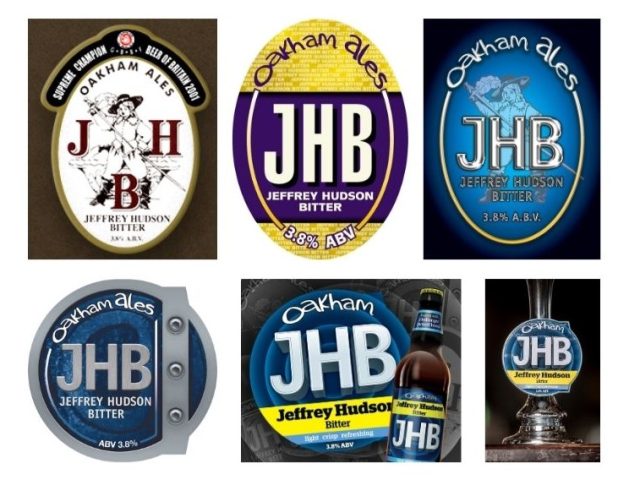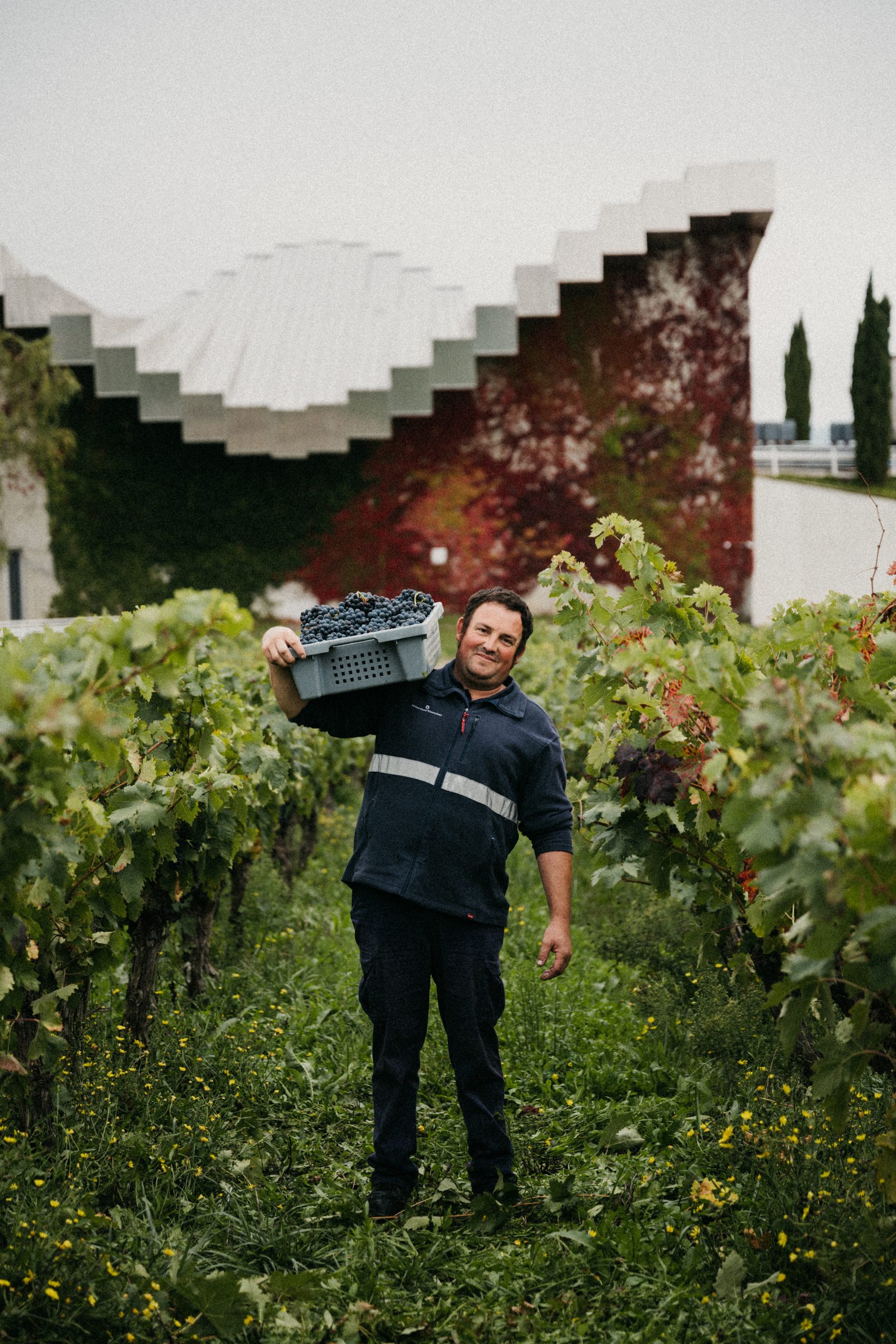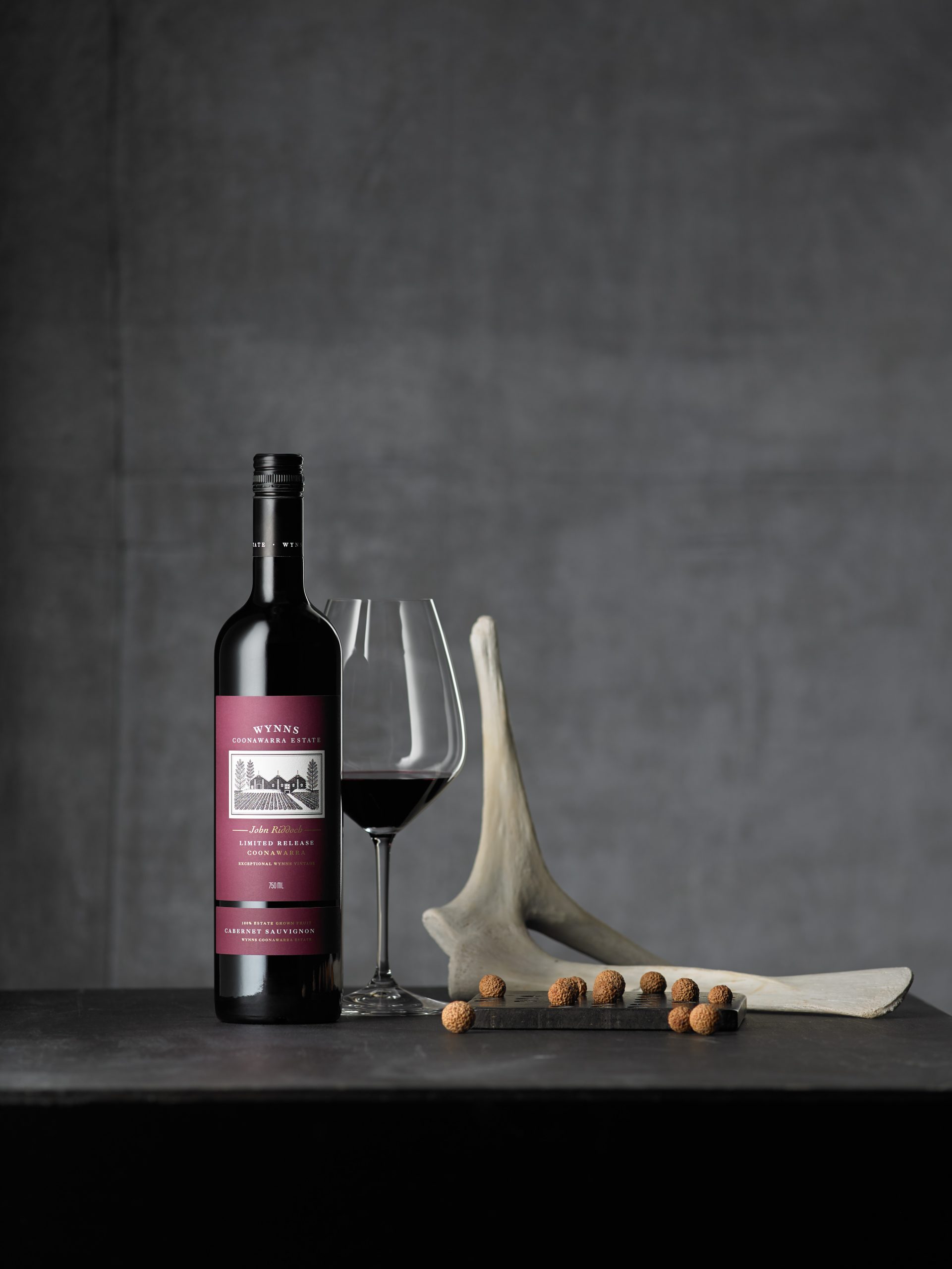Did Oakham Ales’ JHB assist in Britain’s craft beer revolution?
Oakham Ales is brewing a batch of Jeffrey Hudson Bitter (JHB) for its 30th anniversary — a beer some say gave Brits a taste for US hops.

The beer, which was first brewed by Oakham Ales founder John Wood in the early nineties, was based on him researching taste preferences from British pubs. A move that effectively preceded the UK’s craft beer revolution and is rumoured to have assisted the nation’s palates in leaning into brighter, zestier more resinous hop styles found in sunnier climes.
Speaking to the drinks business, Oakham Ales off trade and export manager Nick Jones said: “John had a hunch that the UK would be receptive to US hopped golden ale by canvassing opinions from around 500 pubs before setting up Oakham Ales and launching JHB as the brewery’s first beer.”
Jones explained to db that “the hop-forward nature” of Oakham Ales’ recipes was“in part influenced by his experience as a home brewer, where the quality of hops available was generally poor and tended to be compensated by the use of larger quantities”.
Additionally, Jones revealed that “the choice of varieties was also influenced by the then shortage of UK sourced Goldings and Fuggles” and despite only small quantities of US-grown hops were being imported to the UK at the time, the “American varieties Mount Hood (dating from 1989) and Willamette (first grown in 1976)” were an ideal alternative.
According to Jones, “the first 10BB batch of JHB followed, brewed on 13 September 1993 and pairing Mount Hood with UK sourced Challenger as a bittering hop”.
Partner Content
Mount Hood, is a daughter of the imported German noble variety Hallertau Mittelfrüh, so essentially a lager hop, with mild, pleasant taste and aroma characteristics and yet still a leap for British palates in the nineties which was, Jones observed: “Probably judged to be a big enough step in style for the time.”
Oakham Ales has also been known to make use of another US-grown hop — Cascade — the main variety used in its Bishops Farewell beer and first brewed back in 1995.
Jones pointed out that “it’s possible that John Wood was testing whether the UK market had moved on by brewing it with Cascade and judging the reaction to a beer brewed with a heavier hitting US hop than the Mount Hood in JHB. Of course, it’s also possible that he’d already decided that UK beer drinkers were ready for a more punchy style and Bishops Farewell was the result”.
Over the past 30 years, Oakham Ales has had some adventures. It outgrew its original home in Rutland and moved to Peterborough in 1998; installed a 35 barrel plant at Westgate, forming the centrepiece of the new Brewery Tap pub; in 2006 it made a further upgrade to the Woodston area of Peterborough following the increased demand that came from winning Champion Beer of Britain.
Short run brewing has continued at the Westgate site on a six barrel kit, although technical issues have restricted brewing there over the last few years, however, as part of its 30th anniversary celebrations, the team at Oakham Ales plans to change that and has asked the sector to “watch this space”.
In the past 30 years, Jones highlighted how Oakham Ales has “brewed some 93 million pints and around 275 different beers since John Wood brewed that first batch of JHB in 1993” and so the team at the brewery are all “looking forward to raising a glass of 2023 JHB” in celebration, which, he insisted is “just as delicious as it has always been”.
Related news




